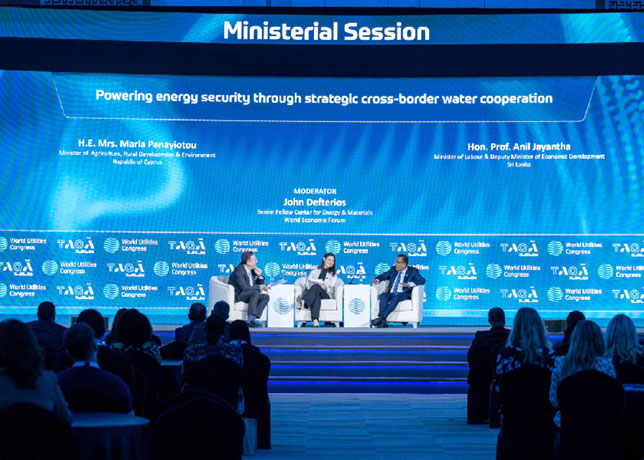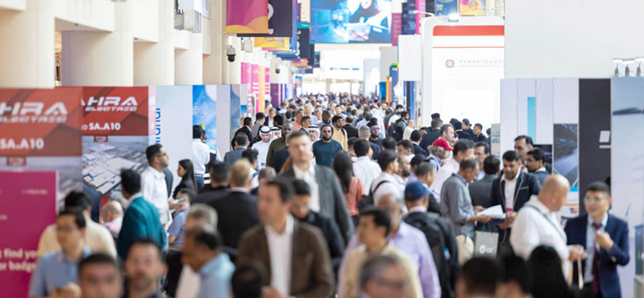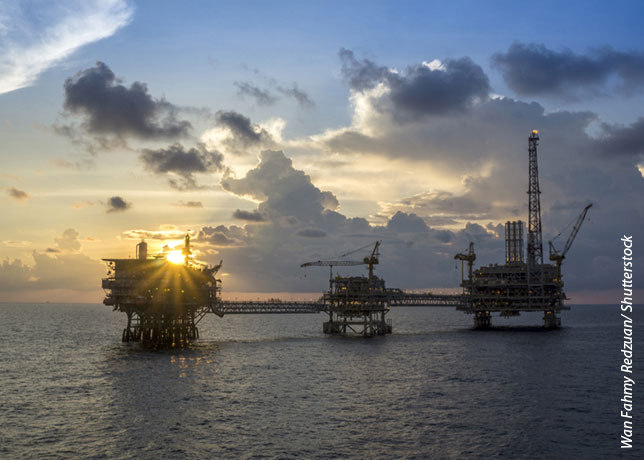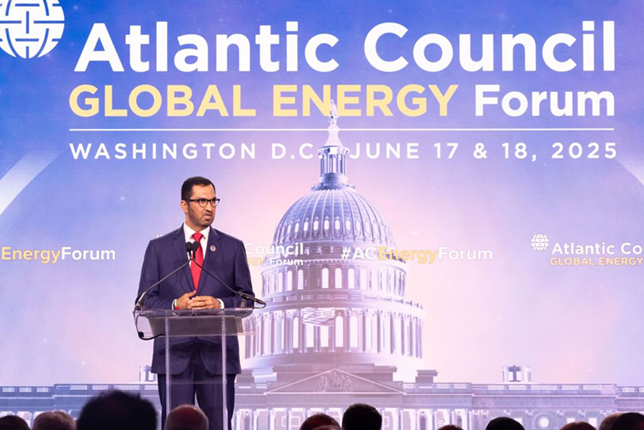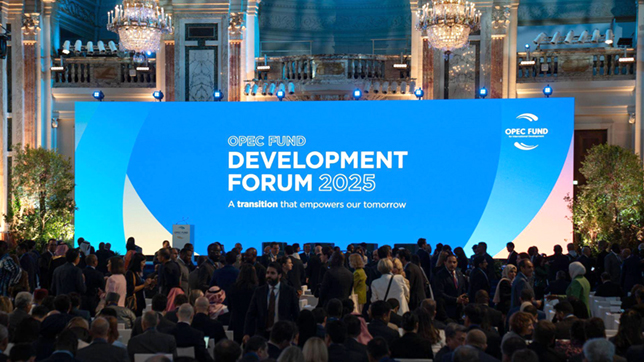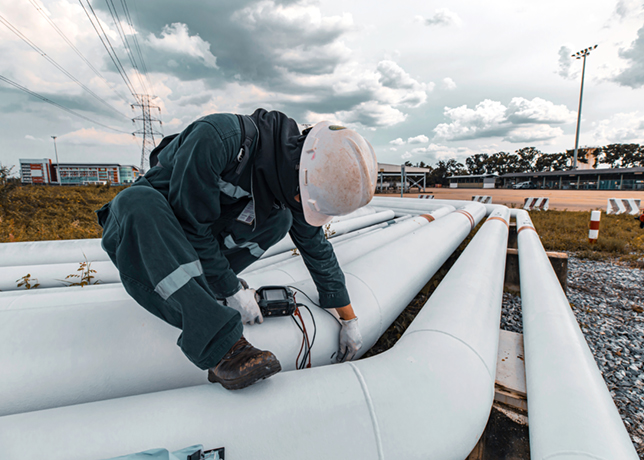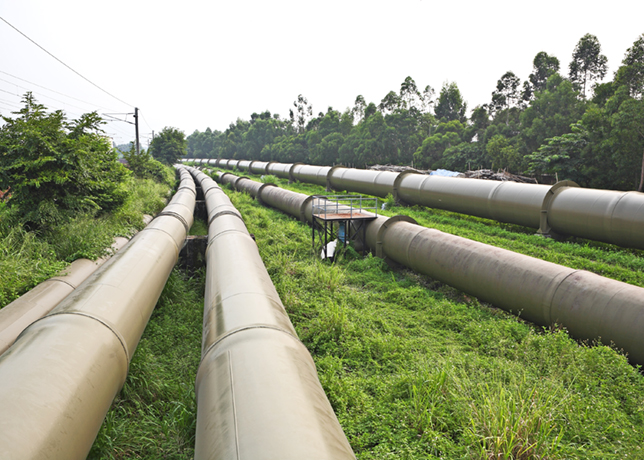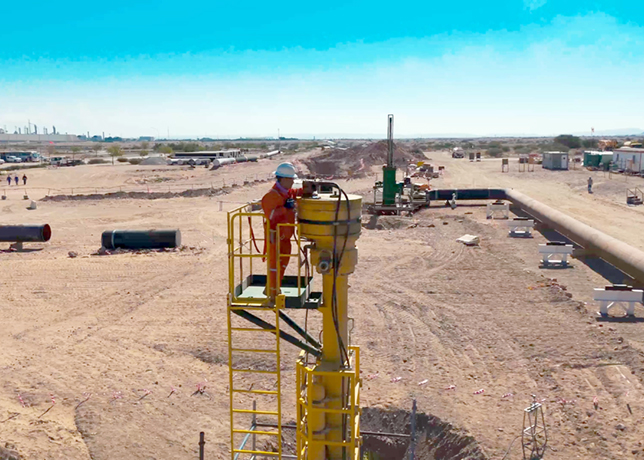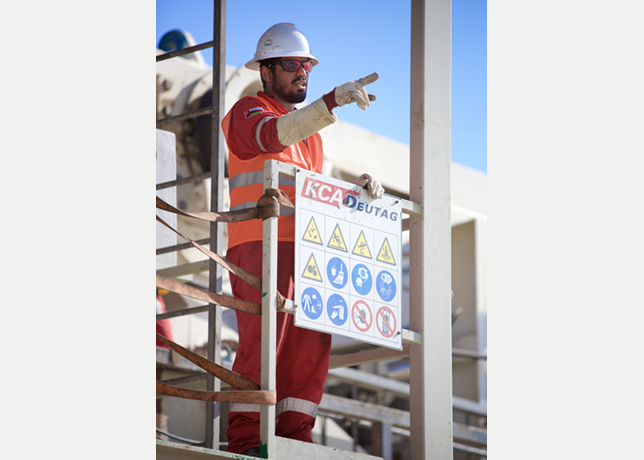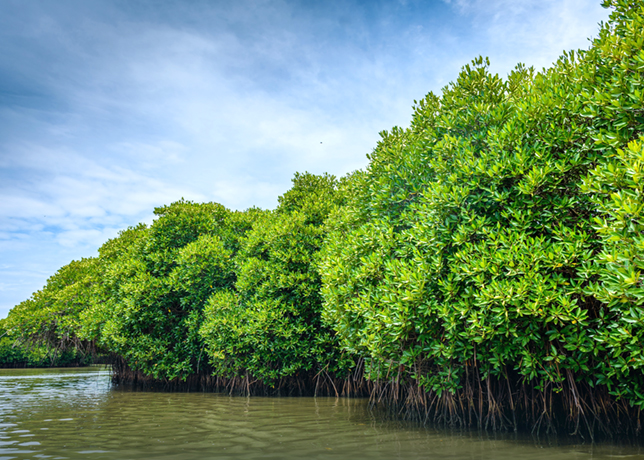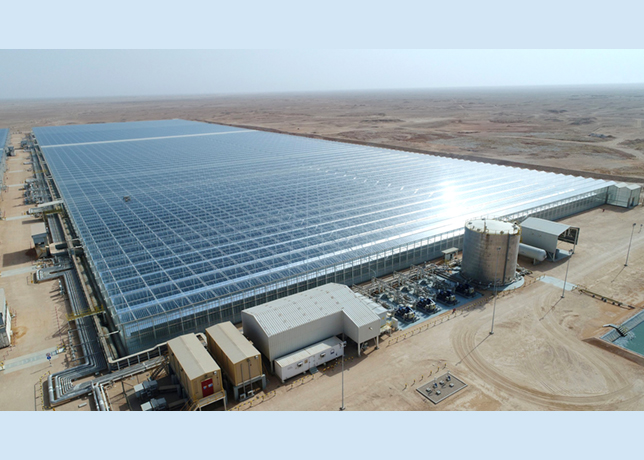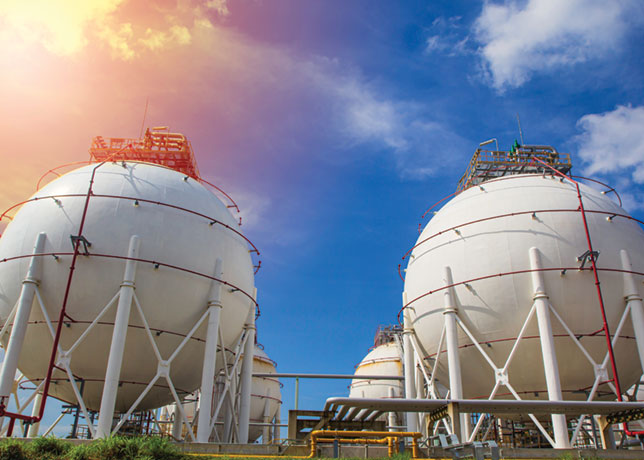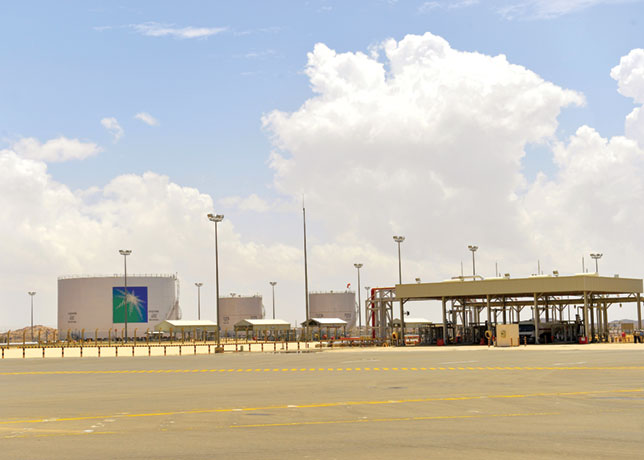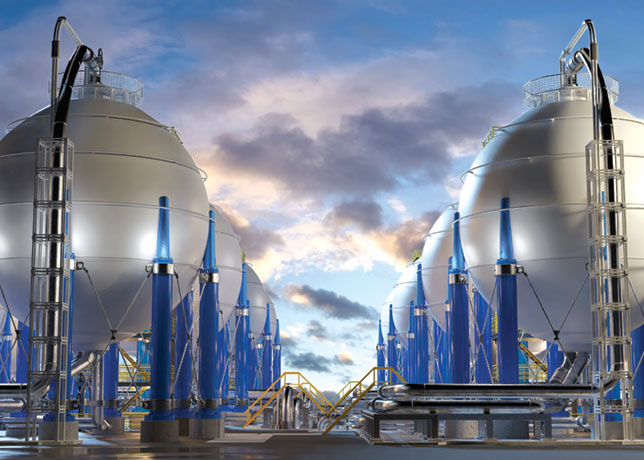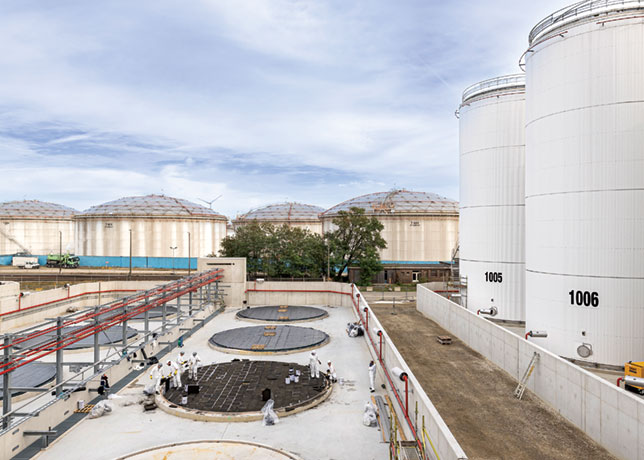
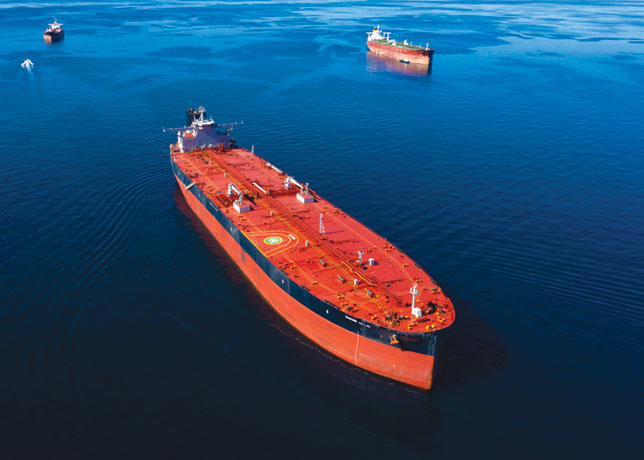 The VLCC orderbook has been the lowest of all major tanker segments
The VLCC orderbook has been the lowest of all major tanker segments
As global shifts reshape the tanker sector, Tankers International adapts to pivotal trends in decarbonisation, digitalisation, and geopolitics, while looking forward to a brighter future, Charlie Grey tells OGN
Global geopolitics and the pivotal shifts towards decarbonisation and digitalisation are key factors influencing operational strategies and the long-term outlook of the tanker sector.
On the contrary, the complex dynamics stirred by Opec+ discussions and a sparse tanker order book pose remain key challenges for further growth.
Tankers International is one of the world’s leading and fastest-growing shipping pools with 40 very large crude carriers (VLCC), including a broad range of tonnage from scrubber, non-scrubber and a VLCC fleet that is below the average age of the global VLCC fleet.
In an exclusive interview, Charlie Grey, CEO of Tankers International, provides a deep dive into the strategic adaptations necessitated by evolving market fundamentals.
Here are excerpts from the interview:
What is your outlook for the tanker shipping segment in 2024, considering factors such as Opec+ output, low-order book for tankers, and overall market fundamentals?
In 2024 so far, tanker markets are lined up with strong fundamentals. Demand continues to grow, even though this is at slightly lower rates in comparison to 2023.
However, there is a geographical mismatch between oil demand and supply growth, which continues to drive tonne miles and, therefore, very large crude carrier (VLCC) demand up.
We expect much of the same as we have seen in 2023, with a strong upside potential supported by zero to negative supply growth.
How do you anticipate Opec+’s output decisions to influence the tanker industry, especially concerning the demand for transporting crude oil?
In oil markets, the Opec+ alliance agreed at its latest meeting to continue voluntary production cuts into Q2 2024.
However, the voluntary nature of these cuts, combined with recent disagreement between some member states, puts a question mark regarding adherence.
Meanwhile, we observe a surge in oil production from non-Opec producers, including an additional 1 million barrels a day from Atlantic basin producers, such as Brazil, Guyana, and the US, expected in 2024.
 |
Grey ... growth focus |
Combine this surge from the Atlantic basin with a tight tonnage balance, and it is clear that Opec+ production cuts do not change the fact that the tonne mile effect from increased Atlantic Basin supply, most likely heading to demand centres in the Far East helps to more than offset the potential loss in vessel demand driven by the Opec+ curbs.
What are your thoughts on crude oil flows in the Atlantic basin and China? How do these patterns influence the strategic positioning and operations of Tankers International?
Asia, in particular the likes of China as well as increasingly India and Indonesia, is driving global crude oil demand, with production from the Atlantic Basin a clear winner.
In China, oil demand continues to grow, and monthly crude imports reached new records in 2023.
This is despite China’s bleaker economic outlook, and the fact that the country’s economy is transitioning away from being based on manufacturing and construction.
In fact, imports from Russia seem to have peaked, and China is sourcing more crude oil from the Atlantic Basin with longer-haul trades from the likes of the US and Brazil, which will boost tonnemile demand, for VLCCs.
Meanwhile, Indonesia’s and India’s oil demand is expected to continue to increase, driven by economic growth, an expanding population, and limited domestic oil production growth.
Both countries are significant oil importers with strong refining infrastructure capabilities. This demand for crude oil could flows from the likes of the Atlantic Basin as well as closer regionally, such as Angola, Saudi Arabia, and Nigeria.
How does the challenging geopolitical outlook impact the day-to-day operations and decision-making at Tankers International, and what risk mitigation measures are in place?
There is no doubt that the geopolitical outlook is challenging, and the shipping industry is currently in the spotlight.
It is important to note that seafarers are facing increasing risk for simply doing their jobs, and we at Tankers International put the safety of seafarers as of paramount importance.
While the conflict in Gaza is causing regional disruption, with the current Red Sea crisis having a less noticeable impact on VLCCs than Suezmax and Aframax vessel type, the ongoing war in Ukraine is still one of the most significant factors impacting the maritime sector.
Russia’s actions and subsequent sanctions redirected the country’s crude to eastern buyers, reshaping trade patterns for the VLCC segment.
Europe pushed to seek oil supplies elsewhere and turned to the US, West Africa, and the Middle East, altering trade lanes and boosting VLCC competitiveness in the Atlantic basin.
With no sign of a resolution to the conflict, these newly evolved trade routes are here to stay for the foreseeable future.
Navigating the twin challenges of decarbonisation and digitalisation, how does Tankers International ensure profitability in the tanker sector? Are there specific strategies in place to address these challenges?
The Tankers International pool enables its members to navigate shipping’s digitalisation and decarbonisation evolution by providing a wealth of data and updates, from our VLCC Fixture App to forums for pool members to ensure close collaboration and transparency that supports compliance with existing and future regulations.
For example, focusing on decarbonisation, the large number of ships within our pool allows shipowners and operators to benefit from greater economies of scale, financial robustness and flexibility through greater utilisation across their fleets - helping them to mitigate any impact of regulatory challenges, such as Carbon Intensity Indicator (CII) ratings.
By doing so, the collective pool of ships can maximise earnings, while the pain of CII-negative voyages is minimised for any individual vessel.
Can you provide insights into Tankers International's initiatives regarding decarbonisation?
While a large portion of the global fleet will have a hard time meeting new efficiency standards, our pool consists of top-tier owners who operate high quality ships, which makes complying with environmental and efficiency regulations that much more straightforward.
The experience across the Tankers International team and the information sharing culture we promote between our pool partners allows for continued discussion and development of best practices to create a strong platform from which we can ensure regulatory compliance as well as commercial excellence.
Pooling simplifies a shipowner’s role, providing regular cash flow based on their vessel’s earning potential in the current market conditions and reducing the need for in-house staff.
This can free up resources, which owners and operators can direct towards implementing low or no-carbon technology across their fleets.
Pool partners also benefit from high-level technical information sharing via technical forums organised by Tankers International to share insight on important innovations and new technologies – and the benefits and challenges that they have represented.
Our most recent decarbonisation initiatives include trialling biofuels, making reporting mandatory to support the CII before its introduction in 2023, the introduction of our pioneering Climate Compensation Voyage Programme delivered with Vertree Partners, and ensuring that our team and pool partners are prepared with the correct processes and knowledge of the EU Emissions Trading System now that shipping has been entered into this scheme in 2024.
How is Tankers International leveraging technology to enhance efficiency and streamline operations within the tanker sector?
Tankers International is at the forefront of digitalisation in the tanker market, utilising complex digital data analysis techniques to improve the recording and benchmarking of vessel efficiency.
This analysis will ultimately be used to optimise the performance of every vessel in the Tankers International Pool, especially in relation to the CII standards.
In terms of improving operational efficiency with digital solutions, Tankers International is a member of the Blue Visby consortium, a group which aims to tackle the ‘Sail Fast Then Wait’ phenomenon.
This initiative users software, data and changes to the contractual framework to give charterers the freedom to slow steam, as their place in the virtual port queue is guaranteed.
Our popular VLCC fixture app is also supporting the tanker sector’s operations and is used daily.
From brokers and charterers to media and industry investors, whilst serving every pool partner, the Tankers International app is used by multiple key market players and provides unique information on the global VLCC fleet that is not otherwise available in an easily accessible and useable format.
As an example, the app’s CII and EEXI feature provides all users with the ability to make informed decisions based on CII ratings.
The app provides full transparency on how each individual CII rating is calculated to give a clear understanding of how voyage selection impacts emissions and ultimately affects a vessel’s CII performance.
Looking forward, how does Tankers International envision adapting to potential shifts in the industry, and what are the future prospects?
The ageing global fleet and the challenges that this will bring to the tanker segment industry over the coming few years will add further complexity to the sector.
We note that the VLCC orderbook has been the lowest of all major tanker segments and near historical lows in the percentage of the existing fleet, and this will only tighten tonnage supply further.
As a result, any growth in cargo demand, which is expected from the likes of China, India, and Indonesia, will see the tonnage supply/demand balance tighten and the freight market improve accordingly.
Therefore, it is clear that future prospects for Tankers International will only be bright for 2024, and beyond.
By Abdulaziz Khattak










